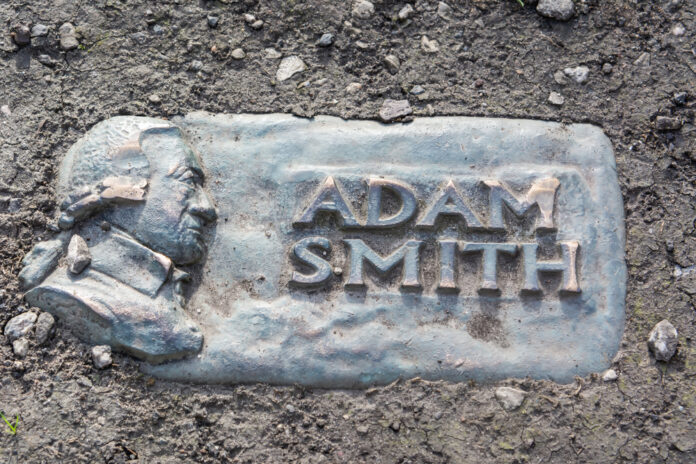Rep. Adam Smith (D-Wash.), the top Democrat on the House Armed Services Committee, sharply criticized the ongoing internal Republican conflict over a stopgap funding plan, calling it “fanatic-on-fanatic violence.” Speaking at The Hill’s Future of Defense Summit, Smith highlighted the inability of GOP members to agree on extreme measures during the debate over the continuing resolution (CR), which is intended to prevent a government shutdown at the end of September.
“There’s nothing funny about it, you know, and it is serious business, but it just amuses me that, let’s just call them the extremists within the Republican Party, can’t even decide on how they want to be extreme together,” Smith said. His remarks reflect the ongoing discord within the GOP over how to handle the looming shutdown and key provisions like the inclusion of Trump-endorsed legislation requiring proof of citizenship to vote.
On Wednesday, House Republicans failed to pass their own stopgap funding bill in a 202-220 vote, with 14 GOP members voting against it. The bill would have extended government funding at current levels for six months and included the Safeguard American Voter Eligibility Act. House Armed Services Committee Chair Mike Rogers (R-Ala.) was among the Republicans who opposed the bill, marking a setback for Speaker Mike Johnson (R-La.), who had planned to hold the vote earlier but delayed it due to internal opposition.
Smith criticized the competing factions within the Republican Party, with one side pushing for voter ID laws and another advocating deep budget cuts. “They couldn’t even get on the same page,” he said, underscoring the dysfunction within the GOP as they struggle to unite on a funding strategy.
Rep. Rob Wittman (R-Va.), who voted in favor of the CR, expressed hope that Republicans would eventually reach a compromise. He predicted that the final CR will likely be a short-term measure lasting about three months, with few additional policy provisions attached. Wittman suggested that this timeframe could extend the funding through December.
Democrats have largely called for a clean three-month CR, free of any additional legislation. Smith, speaking at a hearing on the National Defense Strategy Commission’s report earlier that day, urged lawmakers to vote against the CR, framing it as harmful to national security. Despite Democrats’ opposition, three members—Reps. Jared Golden (Maine), Marie Gluesenkamp Perez (Wash.), and Don Davis (N.C.)—voted in favor of the Republican-backed resolution.
As the potential government shutdown draws closer, with just 12 days remaining, Republicans remain divided on how to move forward, while Democrats push for a resolution that avoids major policy changes.

